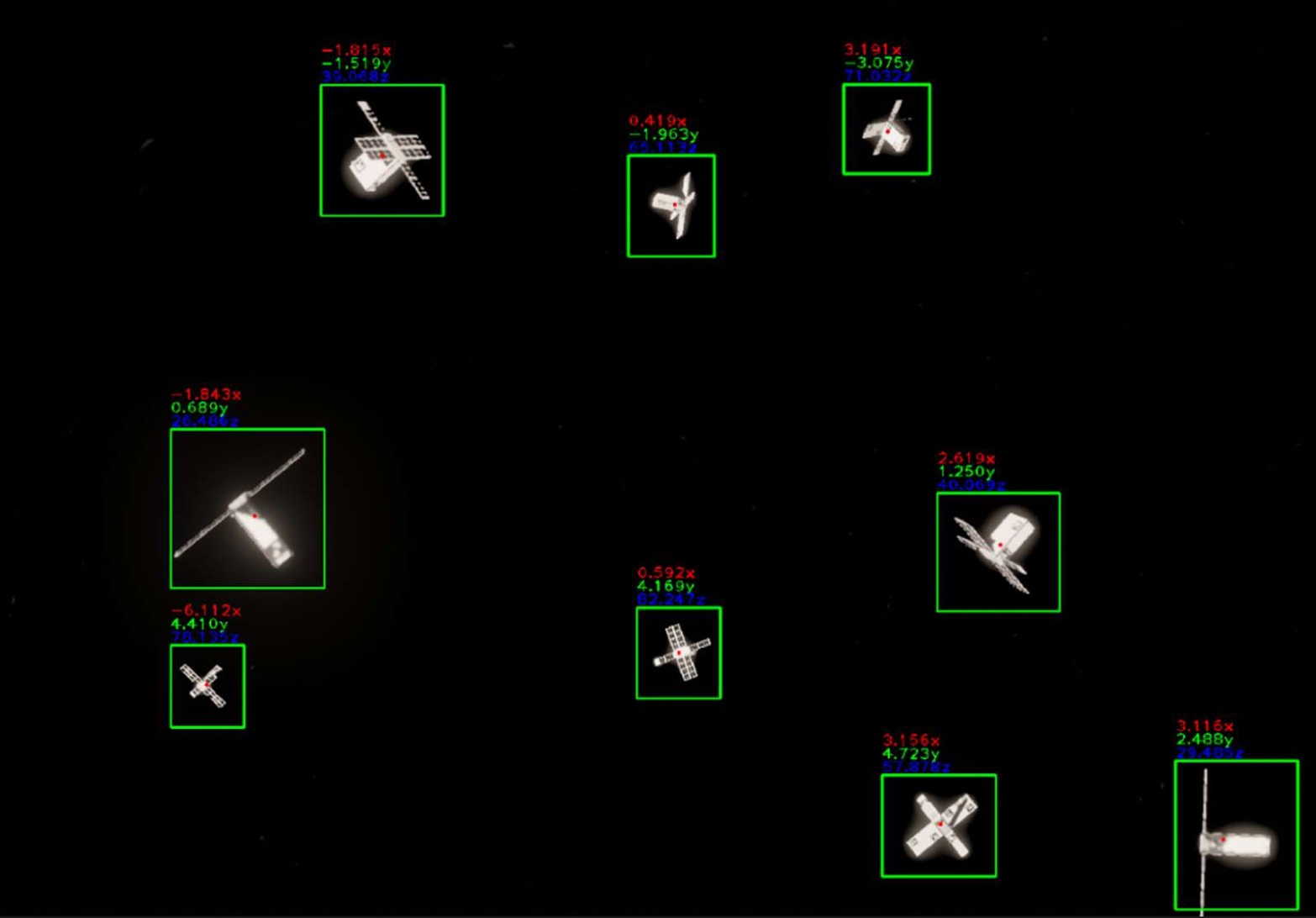
WASHINGTON — Startup Scout Space won a Phase 2 Small Business Innovation Research contract from the U.S. Space Force to augment military systems with commercial data from space-based sensors, the company announced July 22.
The $750,000 award allows the company to continue software-development work started last year under an SBIR Phase 1 contract. Scout wants to demonstrate that commercial data collected by sensors in space combined with data from traditional ground sensors can improve the accuracy of space debris tracking and can help predict collisions.
The ability to augment the military’s space catalog with commercial data that can be shared with international allies is of growing interest to the U.S. Space Force, said Scout’s co-founder and CEO Eric Ingram. The company’s software will be tested by the operators from Space Delta 2, a Space Force unit that focuses on space domain awareness, and the Air Force Research Laboratory’s intelligence systems division.
The Alexandria, Virginia-based company, founded in 2019, developed a sensing payload called SCOUT Vision that would give spacecraft “eyes to enable better navigation and avoid threats,” said co-founder and chief technology officer Sergio Gallucci. The payload uses computer vision and guidance software. The first one launched in June 2021 on an Orbit Fab’s on-orbit refueling spacecraft and is currently in operation.
“Our first payload has been collecting data and we have been leveraging that data in our internal development, that data is just not part of this Phase 2 contract,” Ingram said.
For the Phase 2 contract, the company will be using a simulated digital space environment, known as digital twin data.
Ingram said Scout plans to launch more vision sensors in upcoming missions, including two planned with the space transportation startup Momentus and others.
Gallucci said the key goal under the SBIR project is to make sure the data can be used on military systems. “Some within the Space Force are curious about, but uncertain, about what kind of data can be delivered on an unclassified basis,” he said. “U.S. and coalition allies have been challenged for years by the ability to share space situational awareness data. And that is one of the thrusts that we’re pursuing with the AFRL intelligence systems group.”
Col. Marc Brock, commander of Space Force Delta 2, said the Space Force has gaps in its space domain awareness enterprise “and we are always in pursuit of new capabilities to fill those gaps.” Having access to unclassified data and capabilities to automatically generate analytic products and services, he said, “have potential to become critical enablers for Delta 2’s mission.”
Related
ncG1vNJzZmiroJawprrEsKpnm5%2BifLSvzq6rZq%2BZo8BusMSfnKerlWKwsLrTq5icrF2pvG6wxKamp6ukp661sYyuq6KkmanGbrvFZpqopZ2av6S1wKVknZmklnqnvs6mZKydnqi8s7%2BMoqVmq6CWsKZ7